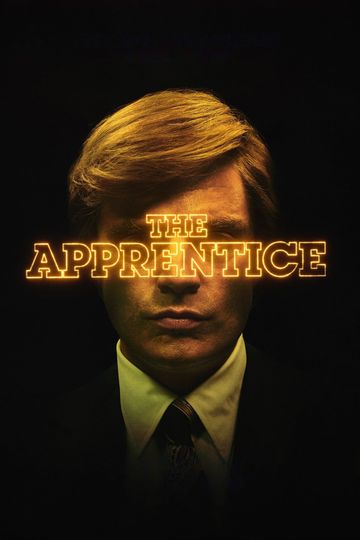Aretha Franklin Dismisses 'Amazing Grace' Telluride Lawsuit
A change is gonna come for Aretha Franklin.
The Grammy winner dismissed her lawsuit Monday against Telluride Film Festival after she successfully convinced a court to block the screening of "Amazing Grace," a documentary featuring a 1972 performance of the singer, of which she claims its distribution was done without her “permission or knowledge” and violated previous contractual agreements that required her consent," Deadline reports.
“The 2015 Telluride Film Festival has concluded, and as a result of this Court’s September 4, 2015 Order, the film was not screened,” lawyers for Franklin submitted in a notice of voluntary dismissal. “Thus, there is no further need for a hearing on Plaintiff’s Motion for Preliminary Injunction as the motion is now moot.”
The restraining order barred film producer Alan Elliott's efforts to screen "Amazing Grace," and has been dropped following the conclusion of the festival, which did not debut the documentary.
The dismissal motion continued: “This Voluntary Notice of Dismissal applies exclusively to Plaintiff’s claims against Defendant Telluride Film Festival and shall not impact Plaintiff’s claims against any other Defendant."
The Queen of Soul filed an amended complaint one day after a private screening for potential buyers at Toronto International Film Festival of “Amazing Grace” on Saturday. The private screening, she says, was “contrary” to the agreements laid out in the Telluride court-ordered injunction.
Franklin is seeking a permanent injunction against showing of the film under copyright infringement, right of publicity, and anti-bootlegging claims.
“On September 8, 2015, Mr. Elliott’s counsel agreed via e-mail that Mr. Elliott would not show the Film publicly,” the amended complaint filed Sunday began. “Yet, on Saturday, September 12, 2015, Ms. Franklin’s counsel was informed via press inquiries that Mr. Elliott on that day was holding a screening of the film in Toronto for commercial purposes for film executives and others. The screening was allegedly attended by film industry executives for the particular purpose of obtaining a distribution agreement for the film. This screening was done without Ms. Franklin’s permission or knowledge, and was contrary to Mr. Elliott’s counsel’s specific representations."




































